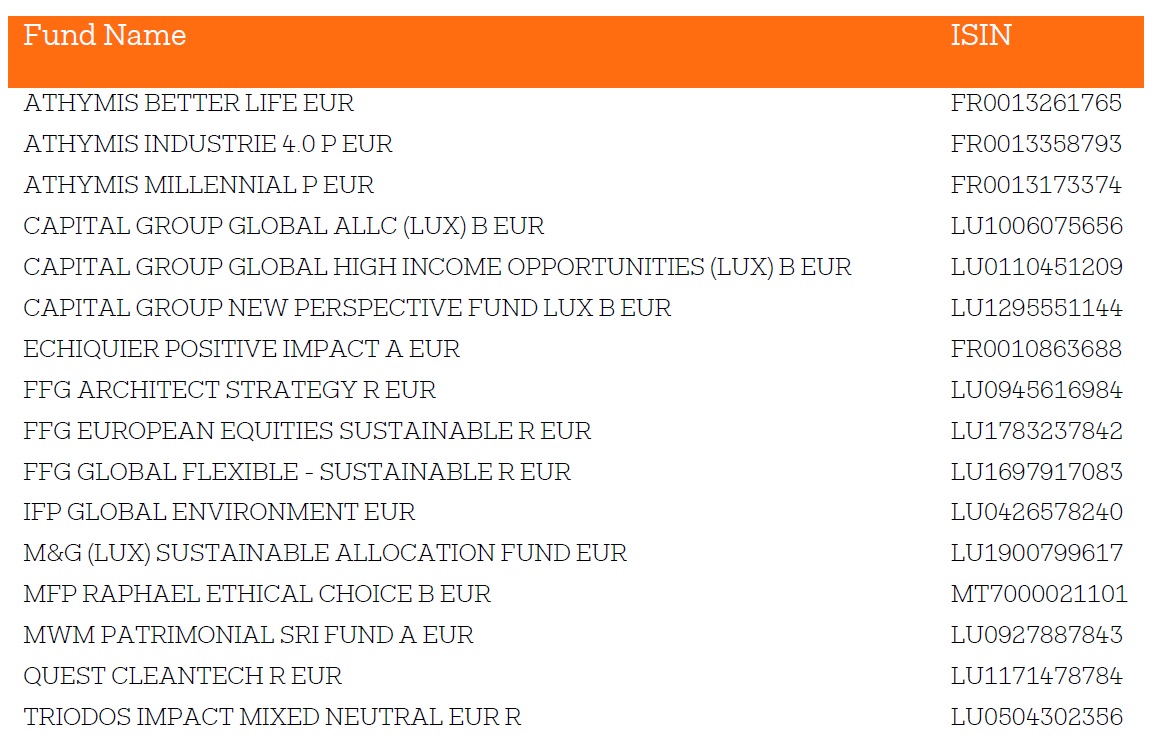December 18, 2020

“The millennials are a generation of Facebook consuming environmentalists, breaking every consumer rule known to us from previous generations”, could easily be a quote from a 50-year-old sales person. But is this idea accurate? Who are in fact millennials or generation Y, as they are sometimes referred to? What do they care about and how to approach them when it comes to wealth planning services? Let’s dive in…
Who do we consider a millennial?
Researchers and popular media generally consider persons born between 1981 and 1996. It’s a group of more than 1.8bn people across the globe[1], which represents in 2020 a third of the global work force[2].
Millennial’s impact
Looking at the United States, millennial-led American households now earn more than young adult-led households at almost any time in the last 50 years[3] and by 2050, young people in North America will have inherited some USD 30 trillion[4]. Their impact on the global economy in the future should therefore not be underestimated.
Moreover, it seems that millennials are trying to give meaning to their lives by committing themselves to social and environmental projects, with an emphasis on sustainability. The 2020 Deloitte Global Millennial Survey[5] clearly showed that protecting the environment and health care are at the top of the list of millennial concerns. The younger surveyed indicated that they use public transport more often, recycle more and shop sustainably. About half of the millennials say they walk or cycle more often to reduce their carbon footprint, have reduced or even stopped their impulsive purchases, and have studied the environmental aspects of the brands they consume. Given the tremendous impact of aforementioned behaviour, successful companies need to take into account the millennials’ expectations while defining their current and future strategic approach.
But, how to approach millennials?
For decades, major brands have done everything in their power to influence consumer behaviour and purchase decisions of millennials by spending extensively in TV and print ads. This is no longer possible, as generation Y relies much more on networks, online reviews and opinions of acquaintances and friends for information. According to a study carried out by OneLife in collaboration with Scorpio Partnership, only 27% of the millennials consider the advice of a financial advisor to be the primary source of financial recommendations, compared to more than 50% in older high net worth individuals[6]. These young clients prefer indeed to draw their knowledge from a much wider range of sources.
Millennials are the first generation, which is fully digital and (almost) always connected. A 2019 Pew Research survey[7] found that millennials spend on average 5.7 hours a day on their smartphones. Therefore, it is not surprising that they use the internet to search, shop and communicate information. Although Facebook remains still by far the largest social network in the world, according to an Accenture study – perhaps as a trendsetter for the actions of other generations – millennials have started to use other applications such as Twitter, LinkedIn, Tumblr, Pinterest and more. The place where the action happens is constantly evolving. In order to reach millennials on social media, a brand or product should become a routine part of their conversations on product information, updates and special offers. For brand it’s about creating a positive buzz that millennials can talk about. Although millennials are considered to be less loyal to brands, looking for the best price/quality online at all times, they can be exceptionally loyal customers, provided they feel they have been treated well[8]: it’s all about the experience.
Moreover, millennials are generally better educated than previous generations: they want to understand options and be involved in decisions. According to the OneLife study 49% of the millennials mentioned that they wanted more transparency in the allocation of portfolios and wanted to know how this would contribute to their objectives6. Similar thing when it comes to wealth transfer where millennials seem to be best prepared: according to the survey 56% have already started inheritance planning, compared to 41% of the 35 and 54 year olds and 47% of baby boomers. Interestingly, the survey finally shows that 66% of millennials use life insurance as a succession planning tool compared to the use of trusts and foundations. This may be explained by the fact that a life assurance can offer both financial diversification and wealth planning with flexibility, full customisation and security. It’s also an ideal instrument for people considering moving abroad which is a particularity of millennials. The OneLife study revealed that 66% of millennials surveyed planned to move abroad in the next 5 years.
Conclusion
When it comes to wealth planning services offered to millennials, it is paramount to keep some factors in mind: their sustainable concerns, digital appetite, international aspirations and willingness to take part in decisions.
As a life assurance company headquartered in Luxembourg, the leading international life insurance centre in Europe, OneLife has the assets to embrace this generation of wealthy clients :
- An international tax and legal expertise to meet wealth planning objectives of increasingly mobile clients
- A comprehensive digital experience for clients from analysis, to online transactions and monitoring thanks to secured website and mobile App
- A list of selected quality external funds within the OneLife range with strategies in line with the millennials’ aspirations and offered by fund houses such as Capital Group, Athymis or Funds for Good. You can view below the full list of funds designed for millennials

Want to know more about Luxembourg life assurance and OneLife solutions? Get in touch with our teams
You may also be interested in :
Portable life assurance – be as mobile as you like!
Luxembourg: a respected, compliant and secure financial centre
Unit-Linked life assurance products across the globe
[1] UN Population Division based on 2015 data, published: 2017
[2] “ManPowerGroup report – Millennials Careers : 2020 Vision”, published: 2016, in: https://manpowergroup.cl/wps/portal/manpowergroup/cl/millennial/carreras and viewed on 10/12/2020
[3] Fry, Richard, published: 11/12/2018, “Young adult households are earning more than most older Americans dis at the same age”, in: https://www.pewresearch.org/fact-tank/2018/12/11/young-adult-households-are-earning-more-than-most-older-americans-did-at-the-same-age/ and viewed on 13/11/2020
[4] Lyxor ETF, “Millennials: des investisseurs plus responsables”, published: 20/11/2019, updated: 11/12/2019, in: https://paperjam.lu/article/millenials-investisseurs-plus- and viewed on 13/11/2020.
[5] “The Deloitte Global Millennial Survey 2020”, published: 2020, in: https://www2.deloitte.com/global/en/pages/about-deloitte/articles/millennialsurvey.html and viewed on 13/11/2020.
[6] OneLife, “The Many Hats Of The Modern Wealth Manager”, published: 2016, in: https://www.onelife.com/downloads/the-many-hats-of-the-modern-wealth-manager/ and viewed on 10/12/2020.
[7] Pew Research Center, “Mobile Fact Sheet“, published: 12/06/2019, in: https://www.pewresearch.org/internet/fact-sheet/mobile/ and viewed on 13/11/2020.
[8] Accenture, “Who are the millennial shoppers? And what do they really want?”, published: 2020, in: https://www.accenture.com/us-en/insight-outlook-who-are-millennial-shoppers-what-do-they-really-want-retail and viewed on 13/11/2020
